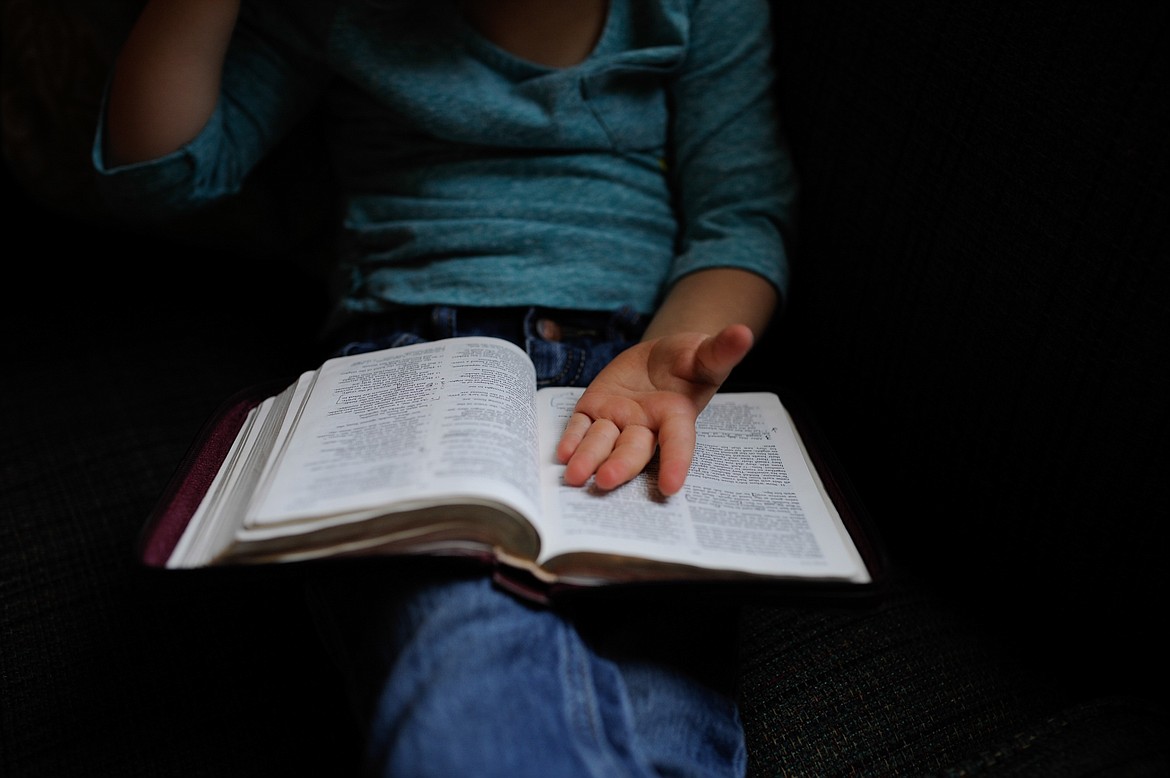The poisonous dangers of hatred, unkindness
Someone put me on to a little book called “Black Like Me,” published in 1961. It's the story of a journalist from Texas, John Howard Griffin, who decided to color his white skin black and travel through the Deep South for six weeks.
He paid a high price for his venture into 1959 racial segregation. Although he later received many supportive letters and invitations to speak, there were those whites who were incensed at the prejudice and hypocrisy he exposed. In his hometown, his effigy — painted half white and half black — was burned on Main Street. He moved his family to Mexico for a while. In 1964, his car disabled on the roadside with a flat tire, he was jumped by white men and beaten with chains so severely that it took him five months to recover.
Griffin was deeply frustrated with the racial tensions of his day, leading him to become, in sociology terms, a “complete participant.” He saw a dermatologist, took large oral doses of the drug methoxsalen, and spent as much as 15 hours a day for a week beneath an ultraviolet lamp. When his skin did not darken enough, he touched it up with a stain. To hide his straight brown hair, he shaved his head.
He kept a journal of his experiences. People who had previously known him did not recognize him. John could not even recognize himself. He found he was given no chance among whites to show who he was as a person. One look at his skin, and they had decided he was inferior. It did not take long for him to become so wearied with the beatdown that he struggled with his own self identity.
When he returned to his whiteness by staying out of the sun in a hotel room in Montgomery, Ala., and halting his skin-darkening medicine, it shocked him how the white side of Montgomery embraced him. His book is a searing telling of the racial discrimination Griffin endured, the hostility, and also the condescension from those who thought they had made “gracious” overtures toward him.
I had an experience this past summer with an antagonistic person who was speaking to visiting grandchildren about my sister-in-law and me. “Watch out for those witches,” we heard him say. And the children answered, “Oh, okay.” I thought at the time that this is how racial — and other prejudice — begins. An adult influencer communicates his or her own hatred or dislike to the child — and the child soaks it in and carries that bias forward. It happens so easily — until whole families, communities, and even nations mistreat others.
I've previously mentioned the Holocaust Museum in Washington, D.C., where I saw a children's picture book on display titled “The Poisonous Mushroom,” which was used to teach German kids to beware of Jews. Plenty of adults went along with that at the time.
As an adult influencer — in the lives first of my children and now their children — it is my hope that I haven't passed on any meanness toward other human beings. There are so many uplifting, life-giving values to teach a growing mind. “Let us not lose heart in doing good, for in due time we will reap if we do not grow weary. So then, as we have opportunity, let us do good to all people,” the Bible says.
Do I like or agree with the behaviors of all people? The short answer is, “no.” Even my own self has things I don't always like. And there is a time for rebuke for just actions. But when an opportunity opens to show kindness to another person or refrain from unkindness, that's where I need to be.

